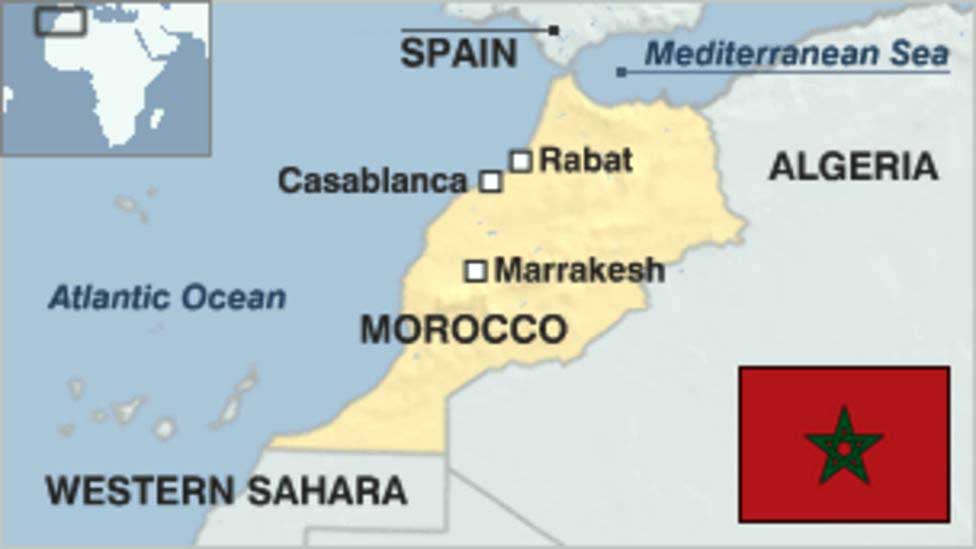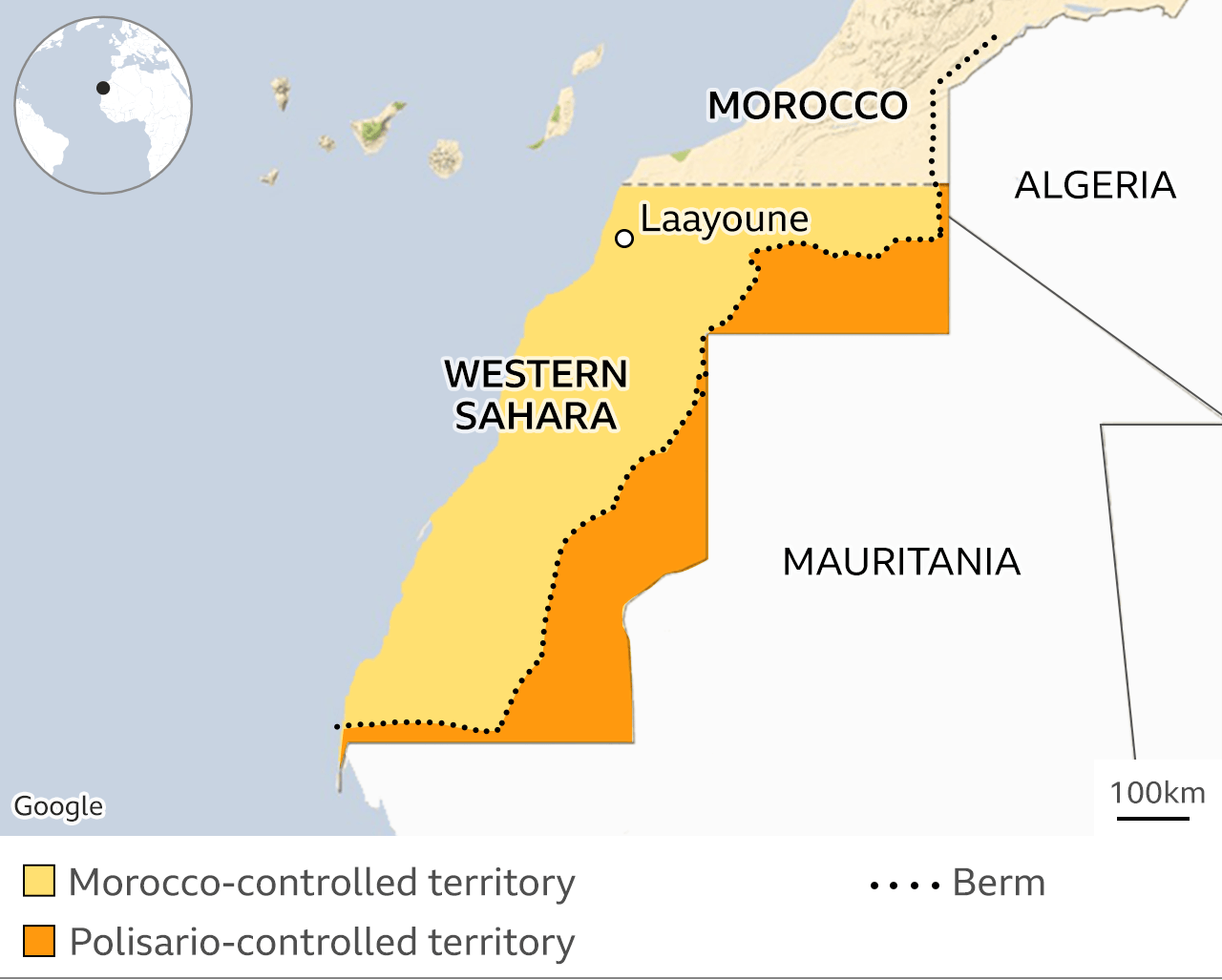International Relations
Morocco Normalises Relations with Israel
- 11 Dec 2020
- 5 min read
Why in News
Recently, Morocco and Israel have agreed to normalise relations in a deal brokered by the USA.
- It makes Morocco the fourth Arab country, after the UAE, Bahrain (Abraham Accords) and Sudan, to set aside hostilities with Israel in the past four months.
Key Points
- Highlights of the Deal:
- Morocco will establish full diplomatic relations and resume official contacts with Israel, reopen their liaison offices in Rabat (capital of Morocco) and Tel Aviv (a city in Israel) immediately with the intention to open embassies and promote economic cooperation between Israeli and Moroccan companies.
- Morocco intends to facilitate direct flights for Israeli tourists to and from Morocco.
- The USA has changed its longstanding policy and recognised Morocco's sovereignty over Western Sahara.
- Since 2007, the UN Security Council, of which the USA is a veto-capable permanent member, has called on Morocco and the Polisario to engage in negotiations without preconditions to reach a “mutually acceptable political solution, which will provide for the self-determination of the people of Western Sahara.”
- Significance:
- The USA is putting in efforts to present a united front against Iran and minimise Tehran’s regional influence.
- This step is considered as a sovereign move and will contribute to strengthening the common quest for stability, prosperity and lasting peace in the region.
- The deal would deepen Morocco’s engagement with the West and will also boost Israel’s motive which has made it a priority to forge ties with formerly hostile countries in Africa and the Arab world in the absence of any progress with the Palestinians.
- Reactions:
- Palestinians have been critical of the normalisation deals, saying Arab countries have set back the cause of peace by abandoning a longstanding demand of Israel giving up land for a Palestinian state before it can receive recognition.
- Egypt and the UAE have welcomed Morocco’s decision.
- Egypt and Israel signed a peace treaty in 1979.
- The Polisario Front “highly regrets” the change in USA’s policy, which it called “strange but not surprising.” It holds that the deal will not change an inch of the reality of the conflict and the right of the people of Western Sahara to self-determination.
Western Sahara
- Western Sahara is a desert region, a former Spanish colony and was annexed by Morocco in 1975.
- Since then, it has been the subject of a long-running territorial dispute between Morocco and its indigenous Saharawi people, led by the pro-independence Polisario Front.
- Morocco says it has always been part of its territory, while the African Union recognises it as an independent state.
- A 16-year-long insurgency ended with an UN-brokered truce in 1991 and the promise of a referendum on independence, which has yet to take place.
- The USA supported the ceasefire between Morocco and the Polisario Front.
- In November 2020, after a border incident, the Polisario pulled out of that deal and announced a return to armed struggle.
- The USA’s backing of Morocco's claim to sovereignty over Western Sahara is a big deal because it diminishes the hope of a people who have aspired for the independence of that territory for decades.
Way Forward
- President-elect Joe Biden will face a decision whether to accept the USA deal on the Western Sahara, which no other Western nation has done till now.
- While Biden is expected to move the USA’s foreign policy away from the “America First” posture, he will continue the pursuit of “the Abraham Accords” between Israel and Arab and Muslim nations.






